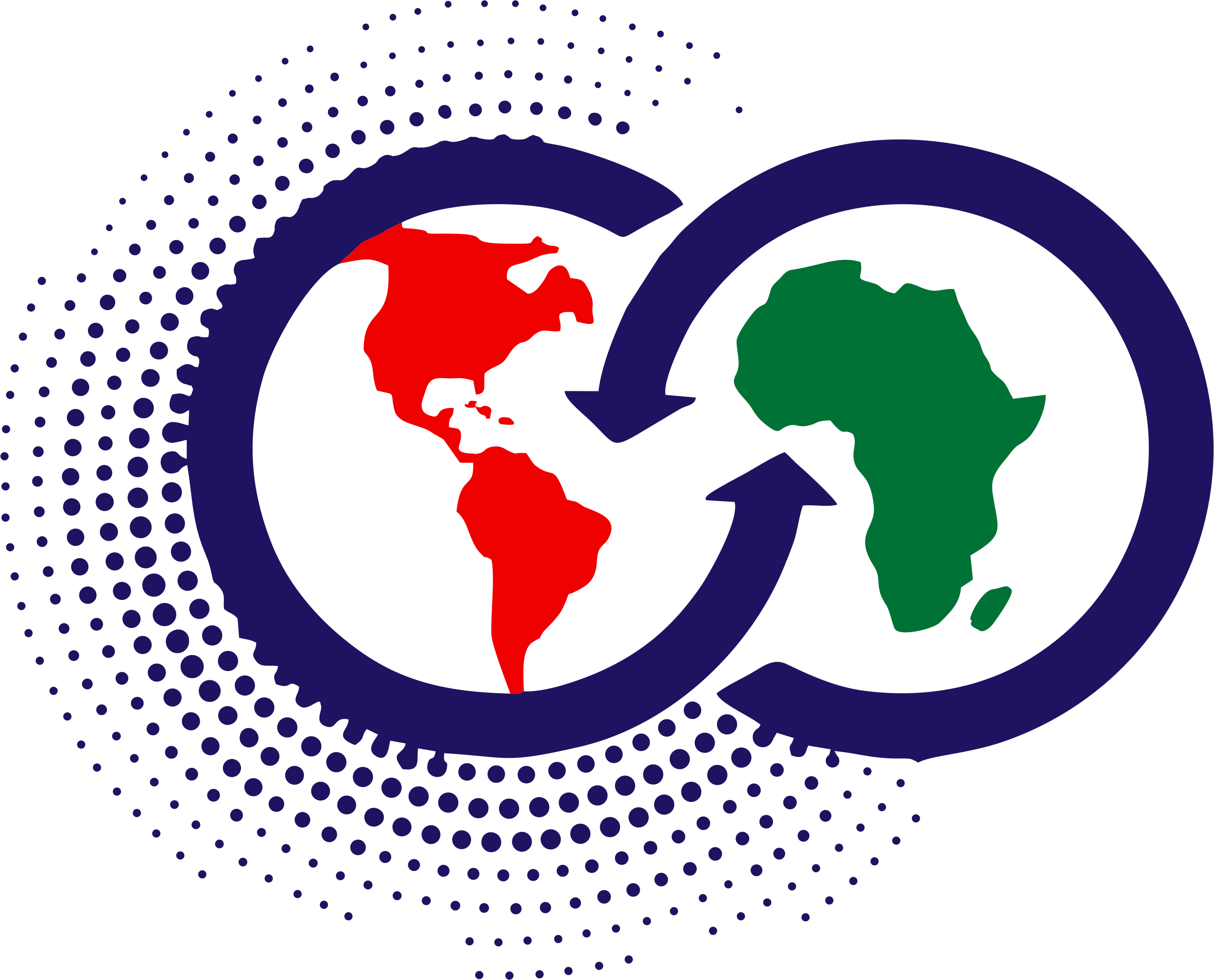
Labour Migration and Education
Nigeria’s labour market has generated jobs at a much slower pace than required to absorb Nigeria’s rapidly growing working age population. The disconnect between the expanding working age population and the shortage of job opportunities has resulted in abnormally high rates of unemployment. The national unemployment rate has remained high since the 2016 economic recession and has further worsened during the COVID-19 induced recession in 2020. The national unemployment rate increased fivefold from 6.4 percent in 2010 to 33.3 percent in 2020 with youth unemployment rate even higher at 42.5 percent in 2020. A combination of rising unemployment, changing demographic structure and unmet aspirations has resulted in growing migratory pressure among young Nigerians. Multiple surveys show that the number of Nigerians seeking to migrate internationally is high and increasing. While the proportion of Nigerian-born international migrants in Nigeria’s total population was only 0.7% in 2019, the number of refugees and asylum seekers from Nigeria has increased sharply in the last decade, growing from 28,000 in 2010 to 408,000 in 2019, equivalent to an increase, as a share of the international migrant stock, from 3 percent in 2010 to 28 percent in 2019. With increasing visa and border restrictions in transit and destination countries, many Nigerians have opted to emigrate through irregular pathways, including as refugees and asylum seekers.
The Federal Ministry of Labour and Employment (FMLE) is the Lead Agency in Nigeria responsible for employment-related activities, including international labour migration. The International Labour Migration Desk (ILMD) was established within the FMLE to harness the development benefits of labour migration. The FMLE also established Migration Resource Centres (MRCs) where potential migrants and returnee migrants can obtain information, created the National Electronic Labour Exchange (NELEX) and licensed and monitored private employment agencies (PEAs) to prevent irregular migration and unfair labour practices. In recent years, the labour migration policies and governance have functioned poorly while resources have focused on border control measures and public awareness campaigns to stop human trafficking. In the future there is an urgent need to restructure and strengthen labour migration policies and governance to enable Nigerian youths to find overseas employment.
Fundraising for the people and causes
LADI will collaborate with the Federal Ministry of Labour and Employment to disseminate information on safe and well-structured labour migration in Nigeria, including the establishment of bilateral labour agreements (BLAs) to expand job opportunities for Nigerian youths in high-income destination countries.
